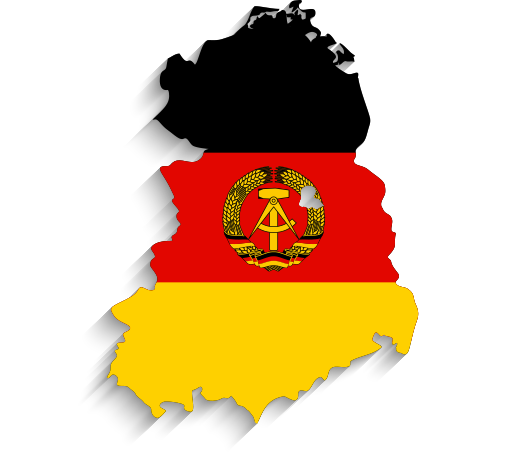(Grant Agreement n. 669194)
(Suhl, 11/3/1928)
Head - Department of Trade Supply and Foreign Trade (1967-1989)Member - Working Group Balance of Payments (1976-1989)
Comparable to the SED’s Secretary of the Central Committee for Trade, Supply and Foreign Trade Werner Jarowinsky, the head of the Department of Trade, Supply and Foreign Trade had hardly any actual influence on foreign trade and did not leave any remarkable footprints on the GDR’s economic policy in this regard.
|
Werner Jarowinsky was a longstanding economic functionary of the GDR. Formally, his area of responsibility as Secretary of the Central Committee included foreign trade, however, on the party-level the Economic Secretary, Günter Mittag, mo... |
|
Despite being in office for more than two decades, in economic relations to the West, Horst Sölle remained a rather colorless person. In the first few years after the diplomatic recognition of the GDR he paid a couple of state visits and ... |
|
The installation of the Working Group CMEA of the Socialist Unity Party of Germany was another sign of the party’s intention to increase control over foreign trade. Naturally, the Working Group CMEA headed by Horst Tschanter had several ... |
|
Günter Mittag was the economic mastermind of the Socialist Unity Party of Germany. Within the provisions set by Erich Honecker he executed control over the East German economy. He served as Secretary of the Central Committee for Economics... |
|
While the Minister of Foreign Trade, Horst Sölle, was a rather colorless person in the GDR’s Western Trade, State Secretary and later Deputy Minister Gerhard Beil executed a great deal of the ministerial day-to day business. He was ... |
|
Politburo Template. Decision on the estabishment of technical contacts between companies and institutions of the GDR with EEC organs
SAPMO-BArch, DY 30/J IV 2/2A/1864 | Bl. 65–75
When the EEC's Common commercial Policy went into effect, it immediately showed repercussions on East German exports to the common Market. Against this backdrop, on 11.03.1975 the Politburo reluctantly agreed to commence "technical contacts" with the EEC Commission as suggested by the proposal originally developed in the Ministry of Foreign Trade. - Available only in the archive: https://www.bundesarchiv.de The decision of the Politburo is available in the digitalized final version of the protocol.
|
